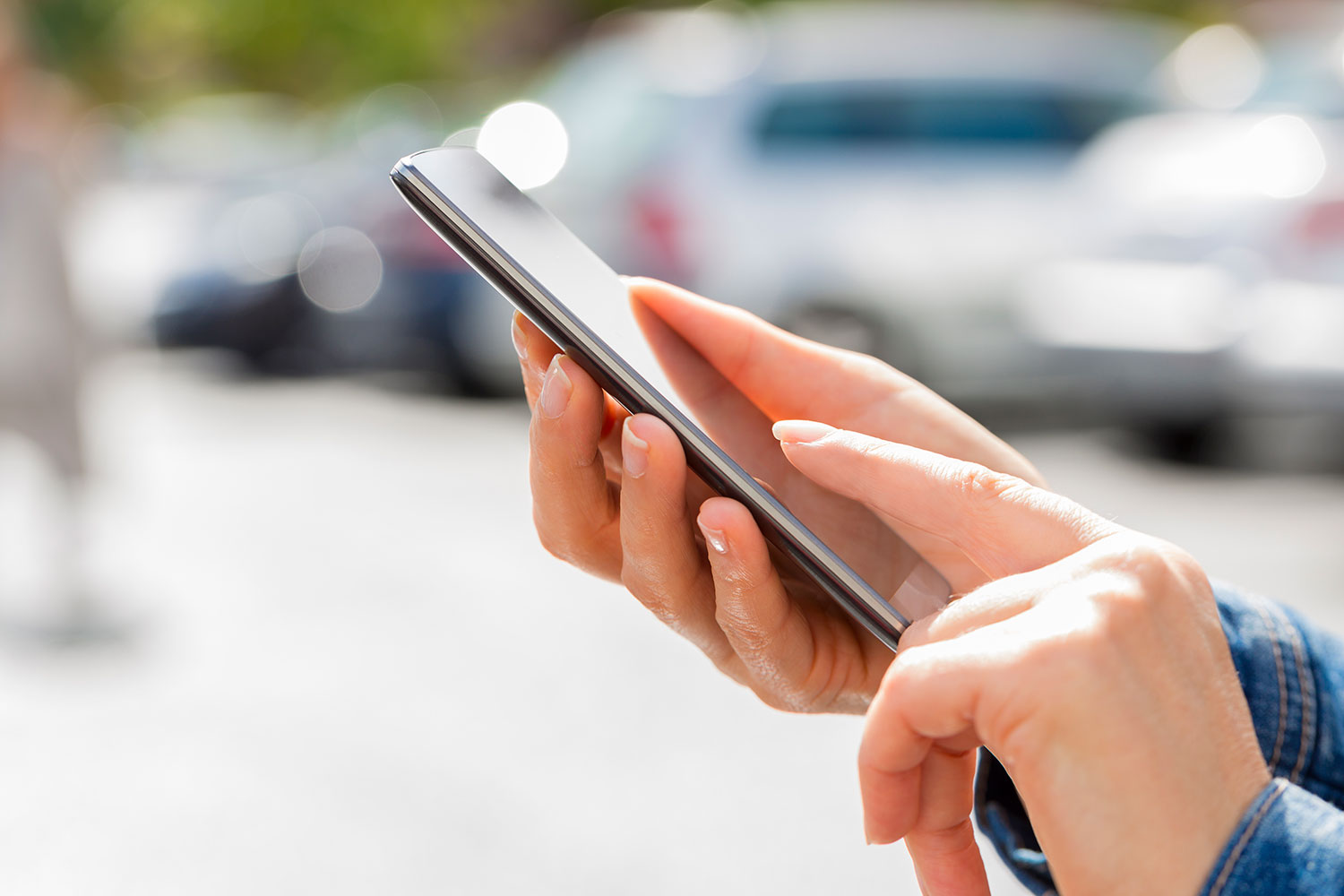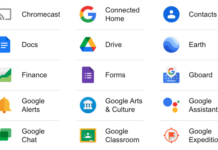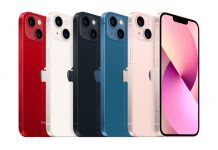
Starting Dec. 1, new rules go into effect impacting how you buy a new smartphone, with a particular focus on unlocking it from your carrier’s network.
The Canadian Radio-television and Telecommunications Commission (CRTC) announced back in June that it was modifying its Wireless Code of Conduct with a few changes to try helping consumers feel a little freer than before.
Chief among these is a ban on unlocking fees. Previously, most carriers were charging a flat $50 fee to unlock a device locked to their respective networks, regardless of whether the customer was on contract or not. That officially ends on Dec. 1, effectively making all devices free to unlock.
Unlocking rules
The key to this new rule isn’t simply the fact that you can go in and get your current phone unlocked free of charge, it’s also that new devices sold after that date must be unlocked too.
The immediate impact is you no longer have to worry about spending extra to unlock before moving to another carrier. The longer-term goal is to free up the market enough to foster more competition. Rather than speculate on hypotheticals, the focus here is to explain the new process and how it might affect availability.
As of Dec. 1, if you have a device locked to your carrier, you are entitled to contact them to unlock it for you. Or, at the very least, provide instructions to do so yourself. If you are a customer of a specific carrier, you must unlock the device through them. You can’t just go to a competitor and have them do it instead.
If you are looking to buy a new device, it can’t be given to you locked to the network. Either it’s already unlocked out of the box, or instructions are included to tell you how to do it. More often than not, it’s a matter of typing in a numerical code when prompted.
No need to worry about affecting phone performance, either. A network unlock is a safe procedure, and has no bearing on your device’s performance or stored content. As noted, it merely opens it up for use with any compatible SIM card.
New unlocked phones
Not everyone is waiting until Dec. 1 to begin offering unlocked devices. Since the announcement in June, carriers have prepared for the rule change by gradually rolling it in.
For example, the carriers and Best Buy stores (including Best Buy Mobile outlets) have been selling unlocked Apple iPhones since early August. Any iPhone purchased prior to August through a carrier will require calling carriers’ respective customer care to start the process.
For Samsung handsets, the Galaxy Note 8 was sold unlocked from the start when it launched in September. Others, like the Galaxy S8 and S8+ or earlier models, need to go through the carrier’s customer care, though there may be an exception if you picked up yours at Best Buy from early October. Some units were unlocked, negating the need to do anything else.
Those that weren’t must be done through the carrier’s customer care. Or, you could log in to your account on the carrier’s website or app and check for updated information. They may include a code for your device.
This applies to other Android phones too. While certain models, like the Essential Phone, exclusive to Telus, were sold unlocked from the start, others were not, and will need the same treatment. Google’s Pixel 2 and Pixel 2 XL are also outliers, as they have been sold unlocked since they launched.
Bear in mind there are no exceptions to this new rule. No matter its age or manufacturer, the device must be unlocked by the carrier it is locked to. So, if you have an old phone lying around locked to a specific carrier, you can call in to get a code for it.
Travel
Unlocking your phone means you will be able to use it when travelling—provided the local carrier network is compatible. Most countries use GSM, so cross-compatibility with local SIM cards is often available. There may be certain restrictions, like LTE not working in a certain place because the local carrier uses it on a different band, but you can always look it up before you take off. One of the most obvious clues is the network that first pops up when arriving at your destination.
If you’re using a roaming provider giving you a local phone number with talk, text and data packages, all you need is an unlocked phone.
Other new rules
A few new changes were included to augment or alter existing rules. The industry-wide 15-day trial period, which allowed customers to return the device within that timeframe (without any damage, of course) has been bolstered. Starting Dec. 1, you can use up to half your monthly talk and data plan over the trial’s duration without paying extra.
This is on top of the previous set of rules stipulating that only the account holder on record could approve data or roaming overages beyond the established cap limit. Cancelling a contract after two years incurs no additional fee, and the details of your term must be given to you in plain language with no fine print.
Know your rights
The CRTC always publishes the latest facts about the Wireless Code, including offering a shorter synopsis that’s easier to digest. The full document outlining the details and rules of the code are also freely available.
Have a complaint about your wireless service?
First, try to resolve the issue with your service provider. If you are still unsatisfied, contact the Commissioner for Complaints for Telecommunications Services:
P.O. Box 56067 Minto Place RO, Ottawa ON K1R 7Z1
Website: www.ccts-cprst.ca
Email: response@ccts-cprst.ca
Toll-free: 1-888-221-1687
TTY: 1-877-782-2384
Fax: 1-877-782-2924
To learn more about cellular plans available and the latest mobile devices please visit your local Best Buy or check out Best Buy online.




problem is, the big telecoms do as they see fit and rather pay fines..They should not require CRTC or anyone else to do what is “right” and fair to the ones who put bread on their table sort of speak.
Rogers…a buddy of mine recently bought a new phone from them, in the fine print of the “Good deal” of 15 days to try it, if you do not like it, return undamaged full money back….he used it for more than 15mins (he runs a business on an UNLIMITED PLAN which he pays quite a bit for) when he tried to return it to get the $60 10gb package (which of course you cannot get them on the phone to make it happen, and, only find out about it last minute when this supposedly good deal even though is terrible when other countries offer much more at less cost go figure) anyways, when he tried to return it, they wouldnt give money back at all, he ended up paying the SIM activation fee and a return fee on the phone, all told, like $150..
They obviously are not following “rules” set by the CRTC up to 50% of monthly allowed usage 15 day trial period, started Dec 1, Rogers and Telus threw fits “give us more time” they got till Dec 8, here we are some 10 days later and a close friend of mine get “ganked” for over $100 on a moronic way of them doing business.
15 mins talk time, even if you are on hold with THEM (which he was) results in paying an extra fee for them to “buy back” the brand spanking new phone..in other words..$$$$$$$$$ for nothing, not bad for a company that makes monthly between him and his wife ~$200 monthly for the past 10 years or so.
There is a reason I do not deal with Rogers, and the CRTC really needs to stomp on ISP/Telecom providers as they obviously cannot watch the way they run themselves, i.e, very stiff fines and a legal right to revoke their licensing or something along this line.
If the CRTC did it right, even SIM cards should be “flashable” by consumers or built into the phone directly so can be used from any provider. all it would take is an authentication code, shouldnt cost $5-$100 for activation when they will be making $ from having you on their service to begin with ^.^
Comments are closed.